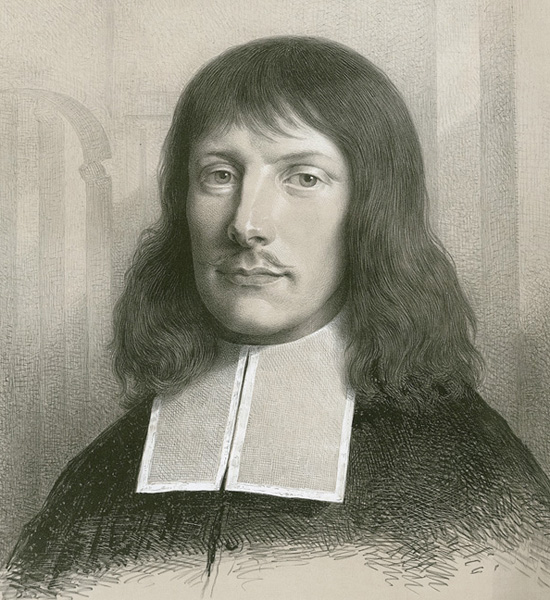Piano Sheets > Joachim Neander Sheet Music > Praise To The Lord, The Almighty (ver. 1) Piano Sheet
Praise To The Lord, The Almighty (ver. 1) by Joachim Neander - Piano Sheets and Free Sheet Music

About the Song
It is an English translation by Catherine Winkworth of the German hymn, Lobe den Herren, den mächtigen König der Ehre, which was composed by Joachim Neander and published in 1680. It paraphrases Psalms 103 and 150. It was the favourite hymn of Frederick William III of Prussia. Joachim Neander (Neumann) (1650 – 31 May 1680) was a German Reformed (Calvinist) Church teacher, theologian and hymn writer whose most famous hymn, Praise to the Lord, the Almighty, the King of Creation (German: 'Lobe den Herren, den mächtigen König der Ehren') is generally regarded as one of the greatest hymns of praise of the Christian church and, since being translated into English by Catherine Winkworth in the 19th century, it has appeared in most major hymnals.
Neander wrote about 60 hymns and provided tunes for many of them. He is considered by many to be the first important German hymnist after.
Download this sheet!
About the Artist

Random article
How to read free sheet music effectively If you are starting out learning how to play piano one of the first things is to learn how to read sheet music for piano. This includes usage of various concepts like treble clefs, bass clefs, key signature and ability to understand actual music notes.
The two clefs
When it comes to piano notes there are two kinds of clefs. Every clef will have a different note in the space and line. The notes typically begin from A and end with G and repeating the pattern again. Starting a piano sheet from C would then take you to D and then E. when it comes to reading sheet music it takes a little more practice and patience. You would need to memorize the music notes through acronyms to make it easier.
(More...)
